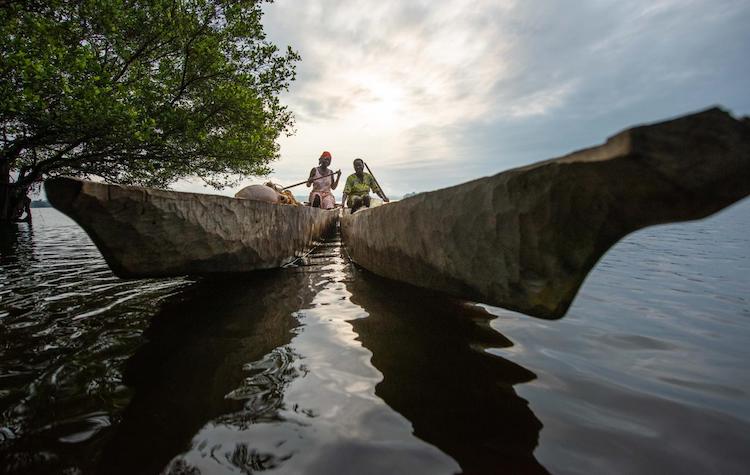By John Scales Avery*
COPENHAGEN (IDN) — On its home page on World Water Day, 2021, the United Nations pointed out the following facts: Today, 1 in 3 people live without safe drinking water. By 2050, up to 5.7 billion people could be living in areas where water is scarce for at least one month a year.
Climate-resilient water supply and sanitation could save the lives of more than 360,000 infants every year. Limiting global warming to 1.5 degrees C above pre-industrial levels could cut climate-induced water stress by up to 50%.
Extreme weather has caused more than 90% of major disasters over the last decade. By 2040, global energy demand is projected to increase by over 25%, and water demand is expected to increase by more than 50%.
Clearly, water is a crucial resource, and the future well-being of human society depends on how well we manage our global supply of fresh water. This will require a high level of international cooperation and social justice.
Maude Barlow: water as a human right
In many countries, large corporations have taken control of water supplies and are now selling water at prices that poor citizens cannot afford. Maude Barlow, born in 1947 in Canada, is leading the struggle against the commodification of water. As a result of her campaign, the United Nations has declared water to be a human right. This is particularly important at a time when fresh water is becoming increasingly scarce.
Here are a few things that Maud Barlow has said:
“Do not listen to those who say there is nothing you can do to the very real and large social and environmental issues of our time.”
“Everything is now for sale. Even those areas of life that we once considered sacred like health and education, food and water and air and seeds and genes and heritage. It is all now for sale.”
“There is simply no way to overstate the water crisis of the planet today.”
“We are committed with our lives to building a different model and a different future for humanity, the Earth, and other species. We have envisaged a moral alternative to economic globalization, and we will not rest until we see it realized.”
“No piecemeal solution is going to prevent the collapse of whole societies and ecosystems … a radical re-thinking of our values, priorities and political systems is urgent.”
Falling water tables in China may cause famine in Africa
After a lecture at the University of Copenhagen, Lester R. Brown of the Earth Policy Institute was asked which resource would be the first to become critically scarce. Everyone in the audience expected him to say “oil”, but instead, he said, “freshwater”.
He went on to explain that falling water tables in China would soon make China unable to feed its population. This would not cause famine in China itself because of the strength of the Chinese economy, which would allow the Chinese to purchase grain on the world market.
However, shortages of fresh water in China would indeed cause famine, for example, in Africa, because Chinese demand for grain would raise prices on the world market beyond the ability of poor countries to pay.
The threat of a large-scale global famine
Unless efforts are made to stabilize and ultimately reduce the global population, there is a serious threat that climate change, population growth, and the end of the fossil fuel era could combine to produce a large-scale famine by the middle of the 21st century.
As glaciers melt in the Himalayas and the Andes, depriving India, China and South America of summer water supplies, as sea levels rise, drowning fertile rice-growing regions of Southeast Asia, as droughts reduce the food production of North America and Southern Europe, as groundwater levels fall in China, India, the Middle East and the United States, and as modern high-yield agriculture becomes less possible because fossil fuel inputs are lacking, there is a danger that a famine involving billions of people, rather than millions, may occur. [INPS Japan/IDN-InDepthNews]
Several of the writer’s freely downloadable books can be found at the following web addresses: https://www.johnavery.info/
http://eacpe.org/about-john-scales-avery/, and http://eacpe.org/app/wp-content/uploads/2021/04/Water-by-John-Scales-Avery.pdf
* John Scales Avery (born in 1933 in Lebanon to American parents) is a theoretical chemist noted for his research publications in quantum chemistry, thermodynamics, evolution, and the history of science. Since the early 1990s, Avery has been an active World peace activist. During these years, he was part of a group associated with the Pugwash Conferences on Science and World Affairs.
Photo: Two fisherwomen travel on Lake Oguemoué in Gabon, where OELO is establishing sustainable fishing practices to generate income through responsible use of the resources in the area. Credit: Roshni Lodhia. Source: UNDP.


